Lostbox: Meet the innovator behind the service that is reuniting people with their rings, pets… and relatives
Wedding ring fallen off your finger? Teddy gone Awol? Dog done a runner? Susie Mesure meets the woman uniting thousands of amateur sleuths to create the UK's biggest lost-and-found department
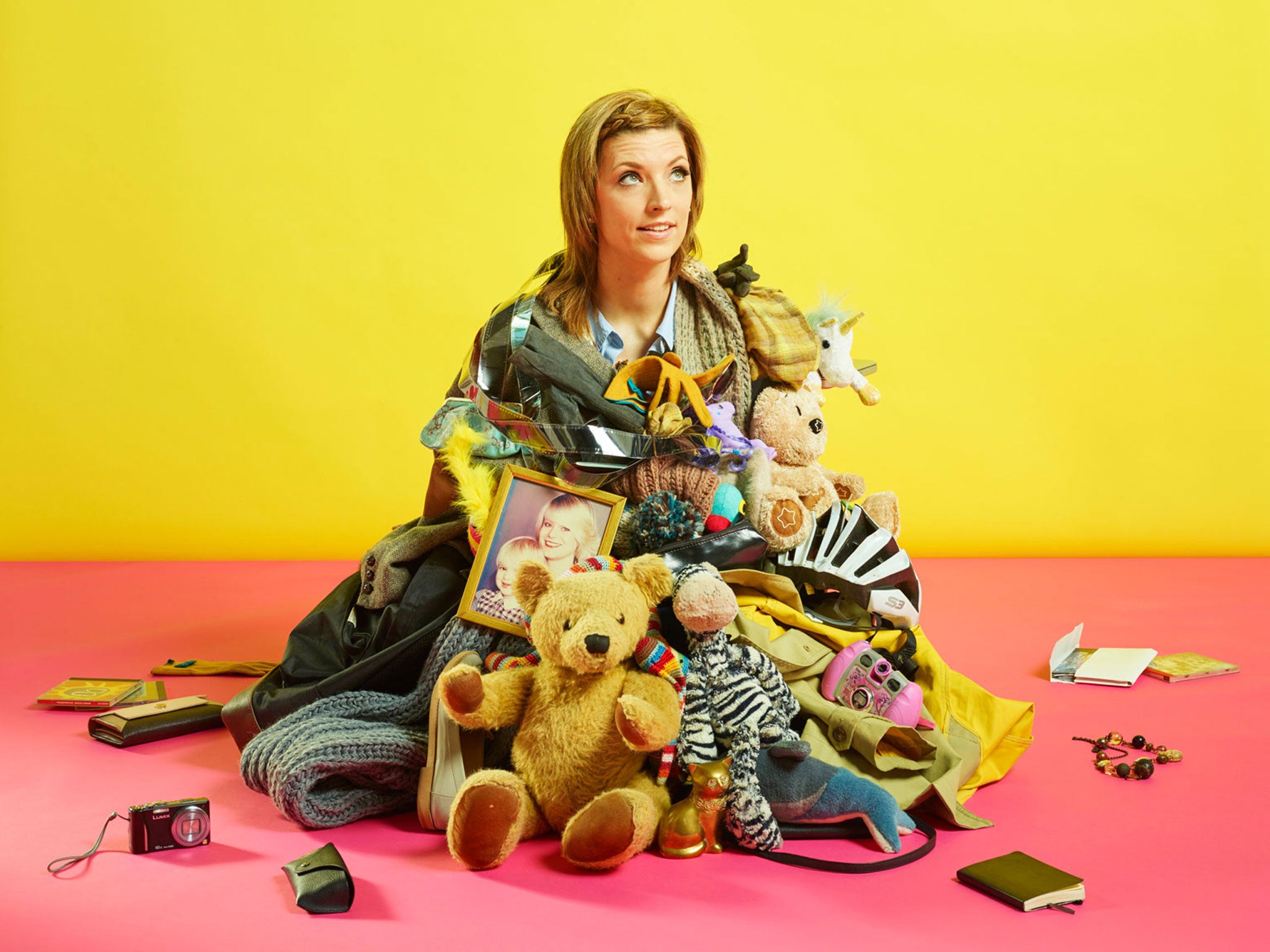
Philippa Roscoe was out for a Thai meal and some drinks on a chilly January evening in south-east London when she noticed that the little finger on her right hand was bare. Her grandfather's gold signet ring, bequeathed to Philippa on his death, was missing. Desperate, she searched the dark streets, but the ring had vanished. Lost, she feared, forever.
Stephane Chambon would have sympathised. After more than two decades of marriage, the French oil-company executive spent three years rueing the disappearance of his wedding ring, which slipped off one February night after an evening of corporate hospitality watching Sunderland play Norwich City. He called the stadium to ask whether anyone had handed it in, but no such luck.
Enter Clare Owen, former Royal Navy seawoman turned internet heroine. After a certain Sunderland match four years ago, Owen, 32, felt a "crunch" underfoot walking back to her car: she had trodden on a gold wedding band, engraved with the letters "AJ à SC" and a date. "It was pitch-black and I just heard the metal on the ground. Curiosity made me go back to see what it was. I'd just got married, and I thought, 'I'm finding the owner of this ring,'" she tells me.
That mission became not just a quest, but a new business. "I started by tweeting the Sunderland football players and it went viral. I thought it was such a clever way to reunite lost property and knew I was on to something, though I didn't know what."
Enter Lostbox, which Owen launched in 2012 as an online lost-and-found service, a virtual lost-property office run by a skeleton staff from a business park in Newton Aycliffe, County Durham, where we sit and chat over cups of tea. It relies on the goodwill of hundreds, possibly thousands, of amateur sleuths, who get stuck in via social media to hunt down missing items or their owners. To date, the team has achieved more than 35,000 "reunites", at 300 a week.
"You always remember your first reunite. No matter how insignificant that item, you remember the buzz," Owen says. Her biggest thrill remains that gold ring. It took three years, hundreds of thousands of "shares" on social media, and a handful of national-newspaper headlines before someone who had worked with Monsieur Chambon put the clues together just in time for his 25th anniversary. "It was like I'd dropped a kilo weight in his hand when I gave it back!"
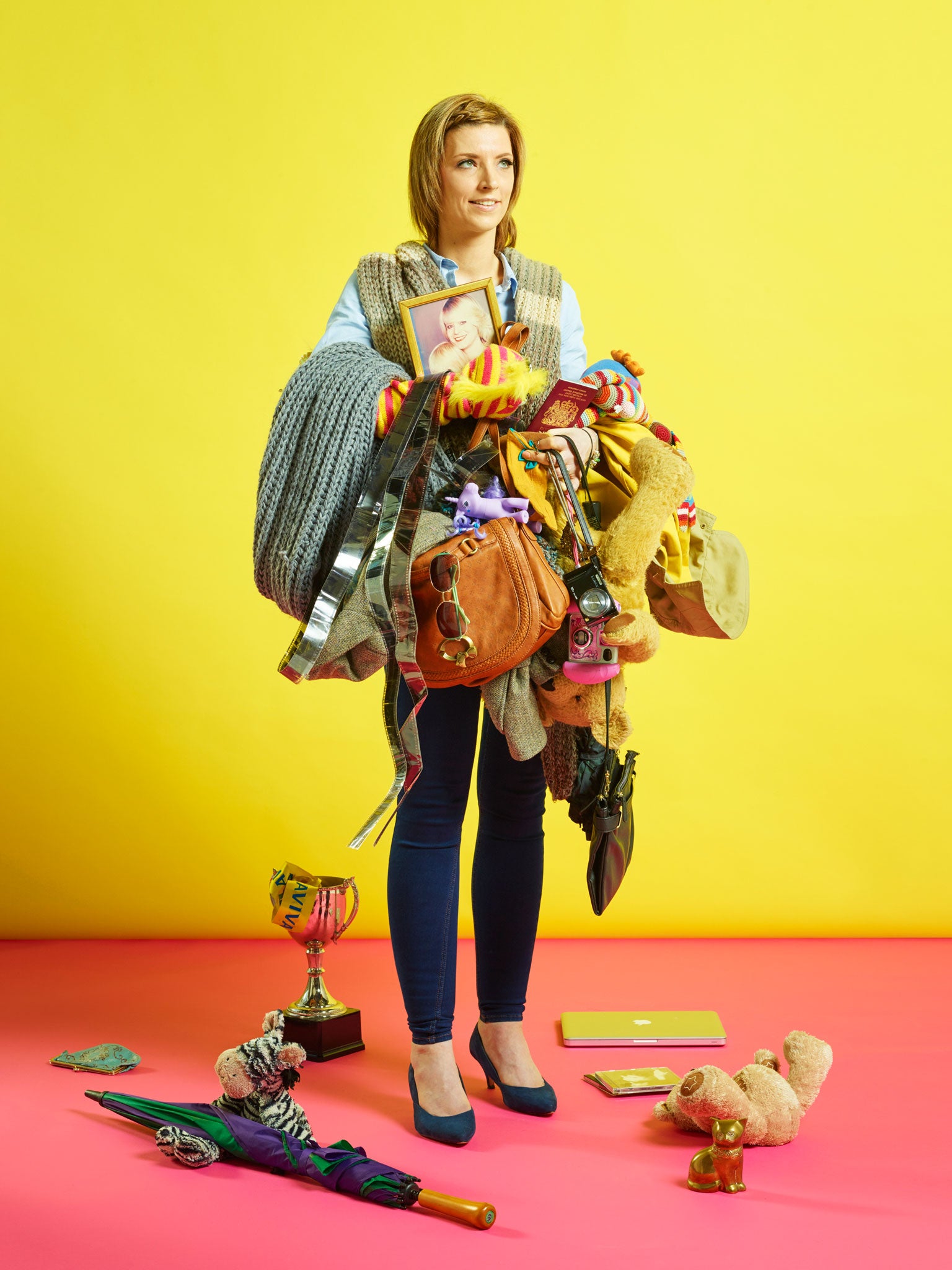
Owen runs Lostbox with her 33-year-old business partner Phil Pringle; her chocolate-brown Labrador, Leo, provides moral support. She met Pringle while working for a recruitment company and together they have sunk tens of thousands of pounds of savings into the venture. For now, they subsidise Lostbox from another business. But Owen and Pringle claim there is money in tracking down lost property. A Lostbox app will launch in a fortnight, followed by adverts based on people's internet searches, and the opportunity for users to pay to promote a missing item. "But our core service, of being able to go on [the website], register the item, and search for it, will always be free," Pringle adds.
Joyful as this sounds, I can't be alone in tiring of endless messages that already flood my Twitter feed about missing items or animals I haven't a hope of locating. So I'm somewhat sceptical about the appetite for appeals. That's where Lostbox's army of regional "admins" come in – volunteers who run 12 regional Facebook pages spanning the country, which means someone in Scotland won't be bothered by the ring Philippa Roscoe lost in London. Admins give their time gratis, but Pringle hopes the company can eventually "reward" them in some way, possibly financially.
Dawn Cochrane, 43, from Eston, near Middlesbrough, looks after the main Lostbox page on Facebook, as well as its north-east and pets pages. She says the hunt is "addictive. I love the investigation and helping people. My first reunion was a little baby's first dolly. Someone had picked it up at the shops [and posted a picture on Lostbox's main Facebook page] and the little girl's grandma saw it."
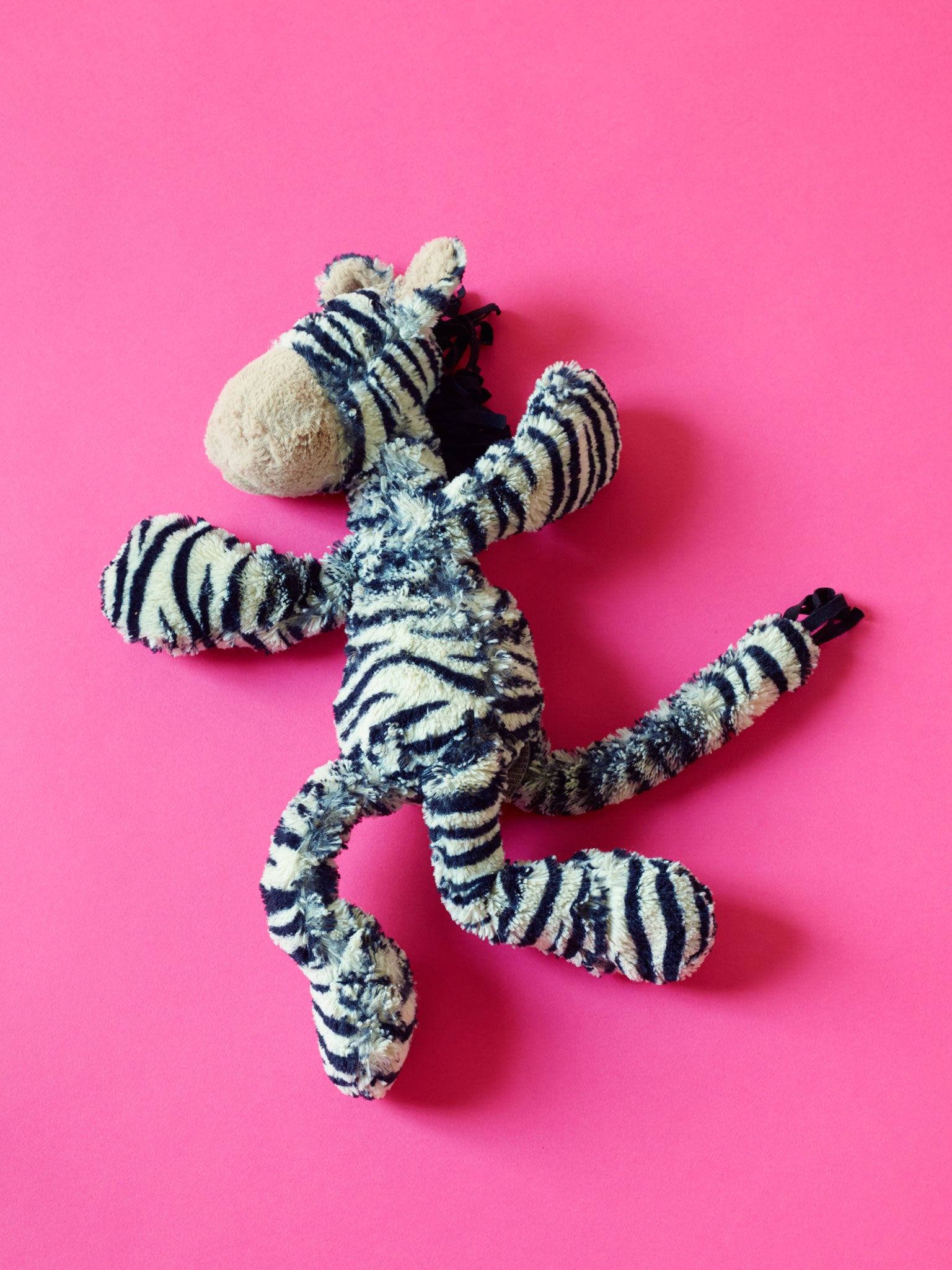
Sometimes Lostbox finds items people hadn't banked on seeing again. One bizarre tale involves a Dutch dog walker reuniting a deflated helium balloon with the family that had released it. The lady was intrigued by an attached note covered in pictures of flowers drawn by a child to mark his dead sister Isabelle's birthday, "sent to her in heaven", Owen says. "The lady took it as a sign to reach out to Isabelle's family. So she took pictures and posted them on Facebook."
Eagle-eyed Cochrane spotted the snaps, did some Lostbox reposting, and two hours later the boy's mother, from Colchester, in Essex, had seen them, writing: "My sons are delighted that her balloons have been found. I'm really touched that you posted them for us to see how far they had travelled." Owen thinks the story shows the strength of support for Lostbox. "The Facebook thread is our audience coming together to pay their respects. It's the community looking to come together for the greater good."
That, then, is possibly Lostbox's real power: turning social media into a benign force. Owen, who works around the clock, estimates that their 150,000 social-media followers give Lostbox a weekly reach of five million. An average reunite takes 12 hours, although it is easier to find a missing owner than a missing item. She reckons roughly half of all the found items posted on Lostbox will get reunited, with the chances soaring to around 90 per cent for cameras, medals or anything with a name or date of birth. One missing camera took just seven minutes to locate. "Our audience loves the chase. It's amazing what people will do when you ask for help," Owen adds.
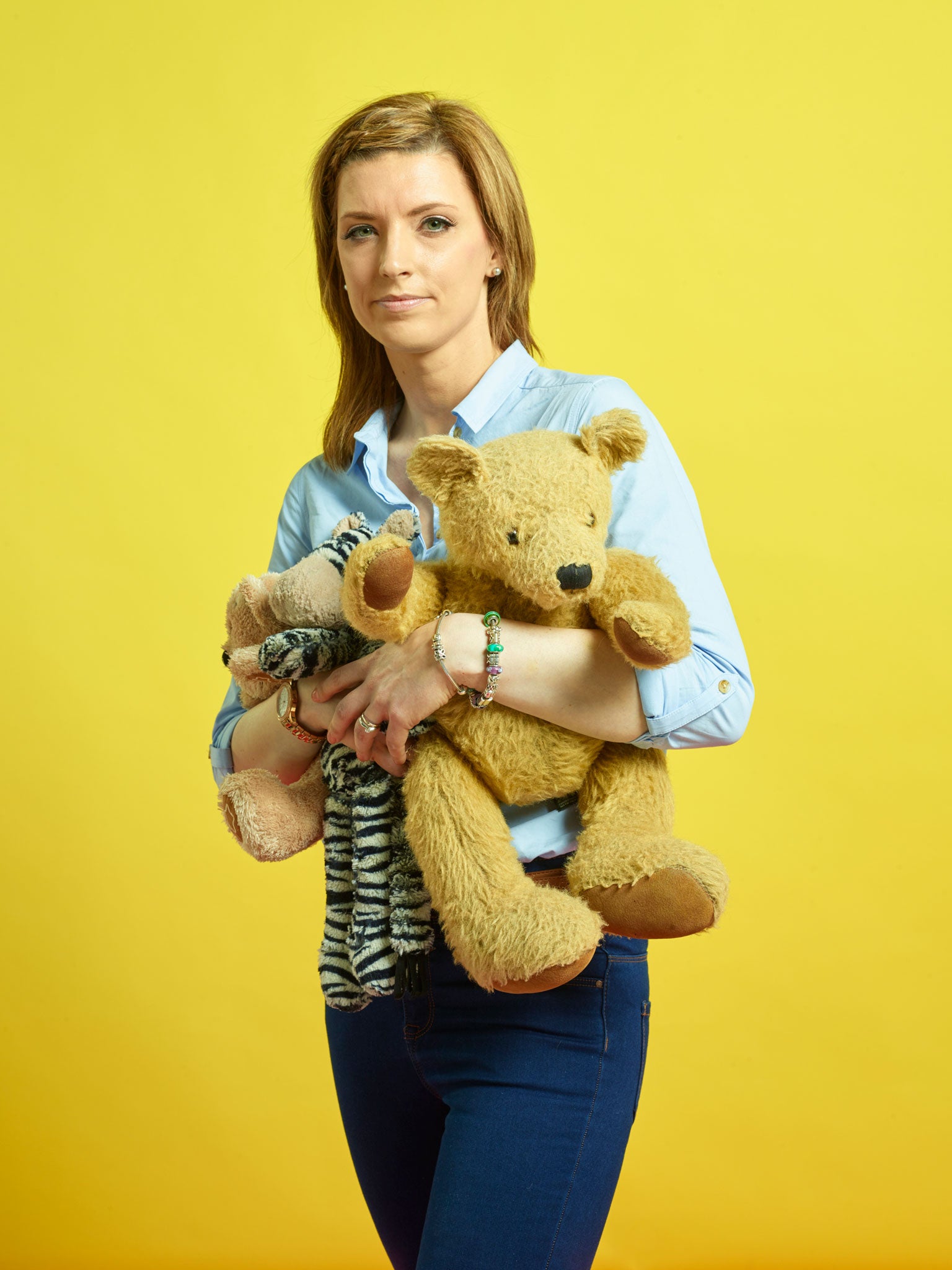
More dogs are reported lost than anything else – they get at least 100 posts a day. "Half- a-million dogs go missing each year, and only 36 per cent are reunited because, I believe, they come to harm on roads, canals or the railways, so the quicker we can get them reunited the better," Owen says.
Toys are the second-busiest category, followed by electronic items, cats, then jewellery. With budget cuts compelling police forces to scrap their lost-property services, Owen believes there is scope for Lostbox to grow. The company is talking to Northumbria Police about the force trialling the app, which would issue notifications for missing items, and even – possibly – children.
"Police forces could log in to add information about missing children. If you were in a shopping centre and a child's gone missing, you'd see that push notification if you're signed up to the app," Owen says, likening it to the Amber Alert system used for abducted children in the US. Although Lostbox shares police-approved appeals for missing people, she says it's "tricky to know" whether the company has reunited an actual person.
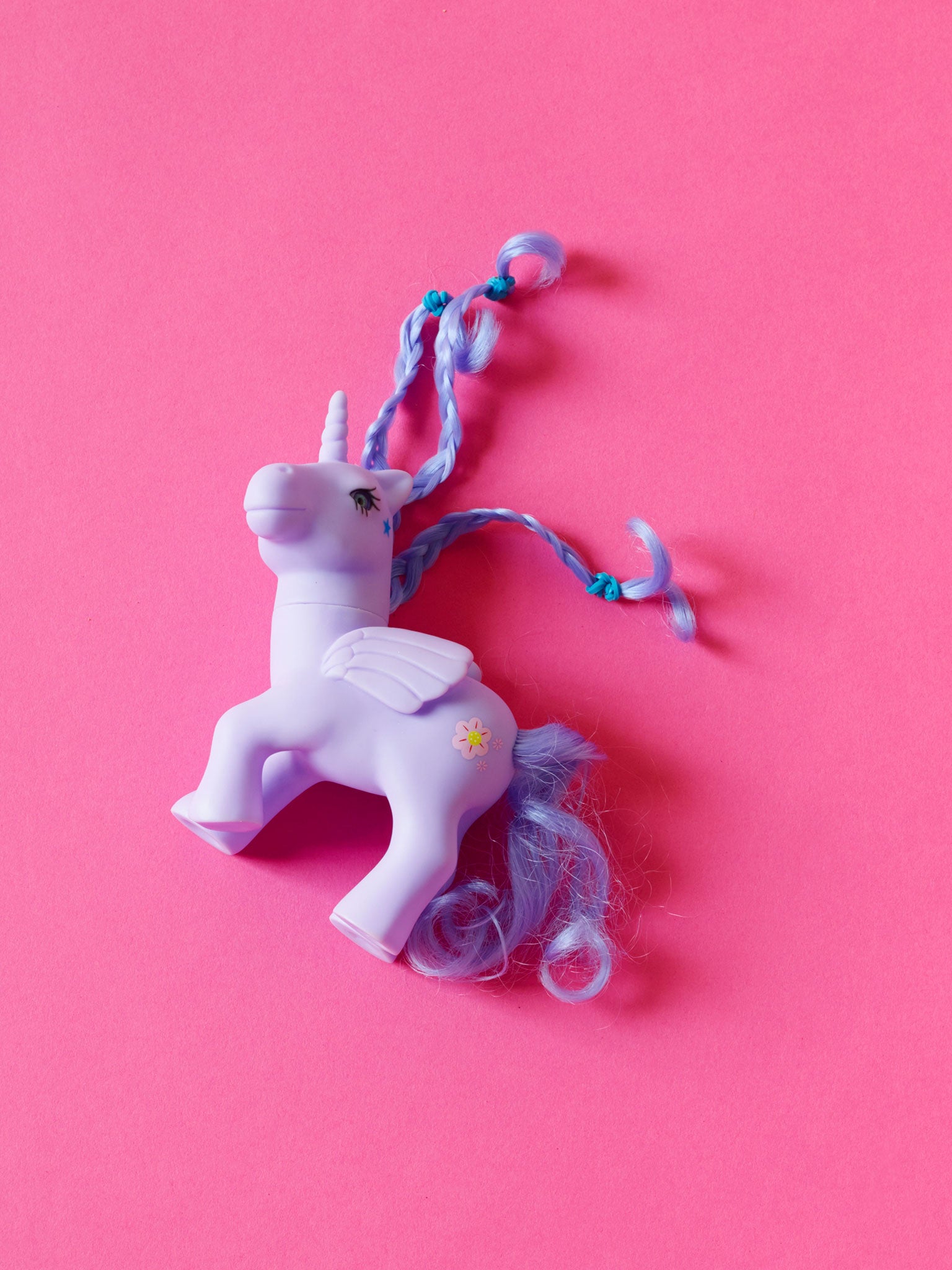
As it happened, all Philippa Roscoe needed was for Lostbox to tweet her Facebook plea and bingo: a man who had spotted her ring behind a bench on a platform at Blackheath station got in touch. Owen, in bed at the time, was straight on the case. "It was quarter to 11 at night, and I've messaged Philippa saying, 'You need to ring me now. I know it's late. Ring me.' She's crying; I'm crying. She tells me how her grandfather married the day before the Second World War and got sent away; this ring was a token of her grandmother's love and she'd worn it every day for four years since he'd left it to her.
"If someone had cashed it in, it wouldn't have been worth a lot, but to Philippa it was her whole world. It sounds so cheesy, but we do have the best job in the world."
For more: mylostbox.com
Join our commenting forum
Join thought-provoking conversations, follow other Independent readers and see their replies
Comments
Bookmark popover
Removed from bookmarks